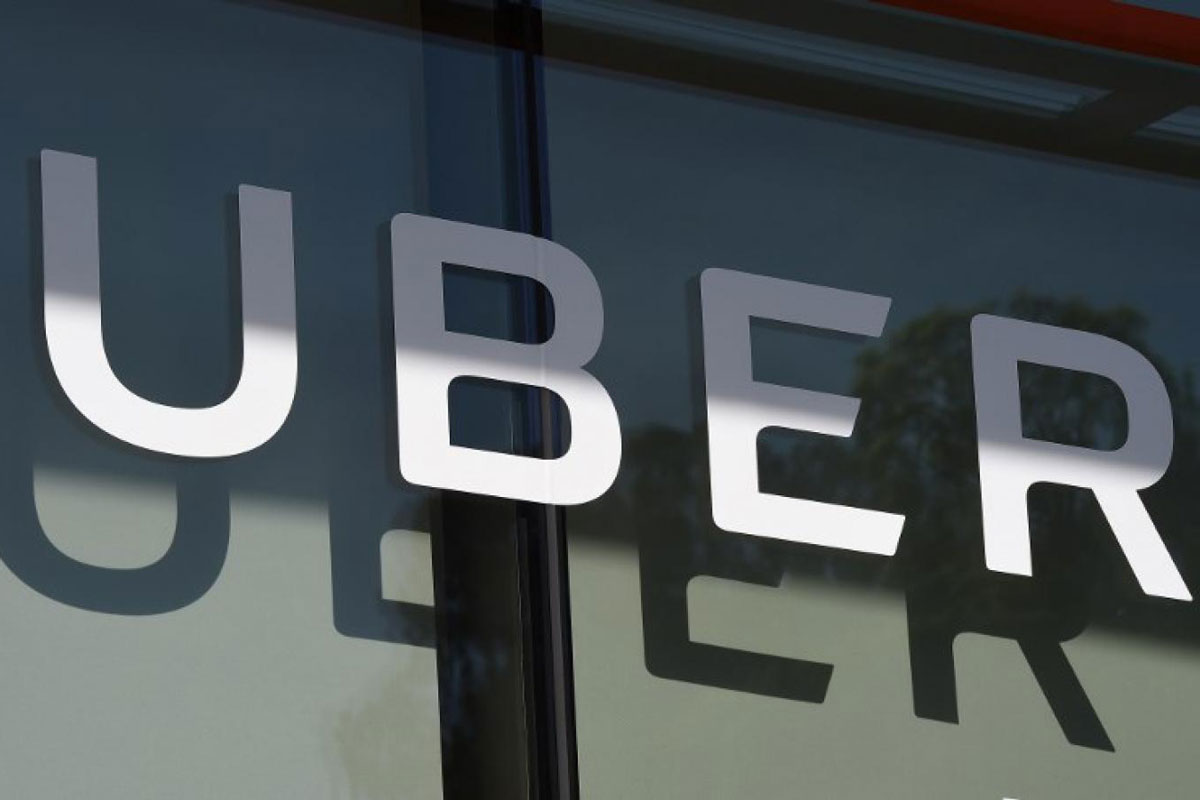Uber brings pre-booked Shikara rides to Dal lake
Pre-book your Dal Lake shikara ride with Uber Shikara for a seamless experience. Reserve up to 15 days in advance and enjoy hassle-free scenic boat trips.
The month of September was slightly better and 80 million people generated more than 425 million trips or deliveries across its platform.

Uber brought in $2.8 billion in adjusted revenue, an 18 per cent decline year over year. (Photo: AFP)
Ride-hailing major Uber lost $1.1 billion over the last three months, with its adjusted net sales down 20 per cent compared to the third quarter of 2019. Monthly gross bookings in its ride-hailing division fell 50 per cent in the July-September quarter.
The month of September was slightly better and 80 million people generated more than 425 million trips or deliveries across its platform.
Advertisement
“Despite the volatile environment, we steadily recovered gross bookings throughout the last few quarters with September run rate gross bookings reaching nearly $65 billion, down just 6 per cent compared to last year,” Uber CEO Dara Khosrowshahi told analysts over the conference call on Thursday.
Advertisement
“What I’m even more proud of, though, is that we connected 3.2 million drivers and delivery people to earnings opportunities and over 560,000 restaurants and small businesses to their customers during an unprecedented economic crisis,” he informed.
Uber brought in $2.8 billion in adjusted revenue, an 18 per cent decline year over year.
“As the world returns to normal, we think there will be a margin upside as the cohort of riders that kind of comeback represent a more fulsome kind of example of the ridership that we had pre pandemic,” Khosrowshahi said.
Gross bookings in Uber Eats grew 135 per cent year over year, thanks to increased demand for food and grocery deliveries.
The company acquired Postmates for $2.65 billion, and recently launched an on-demand grocery delivery service in Latin America and Canada as part of its acquisition of Cornershop.
Uber and Lyft got a major relief in California after a ballot measure went in their favour exempting them from a state law to treat drivers as employees.
The supporters of the ballot initiative called California Proposition 22, or Prop 22, spent over $200 million to keep their gig workers classified as independent contractors in California.
Advertisement